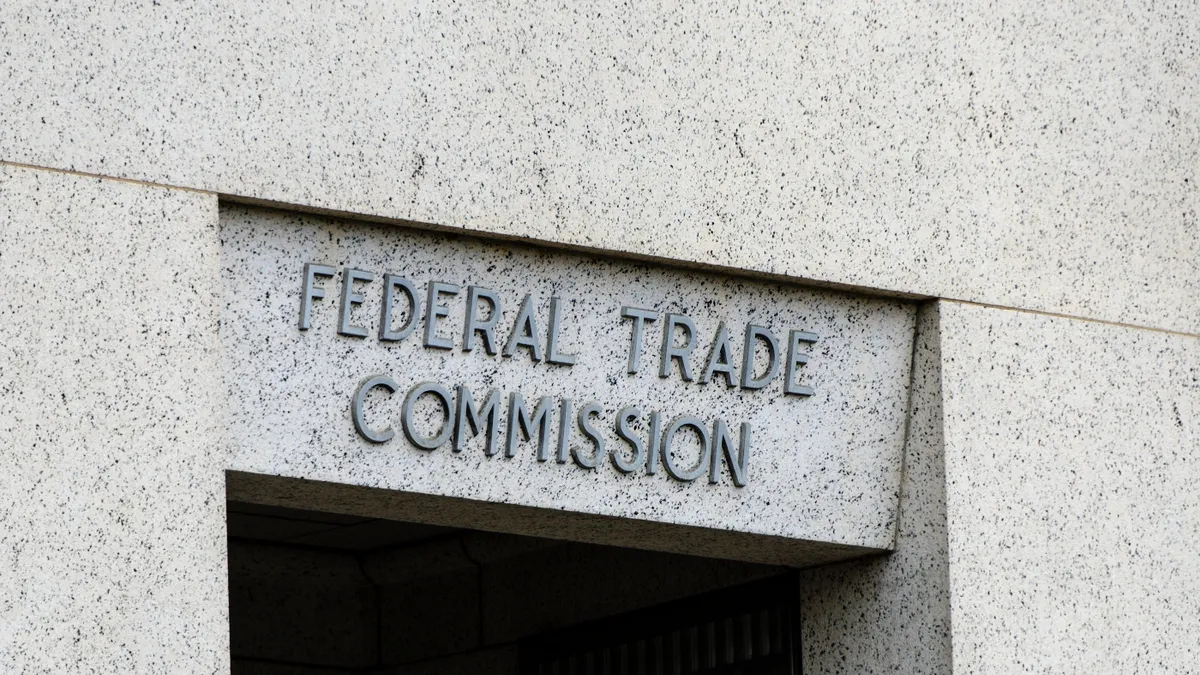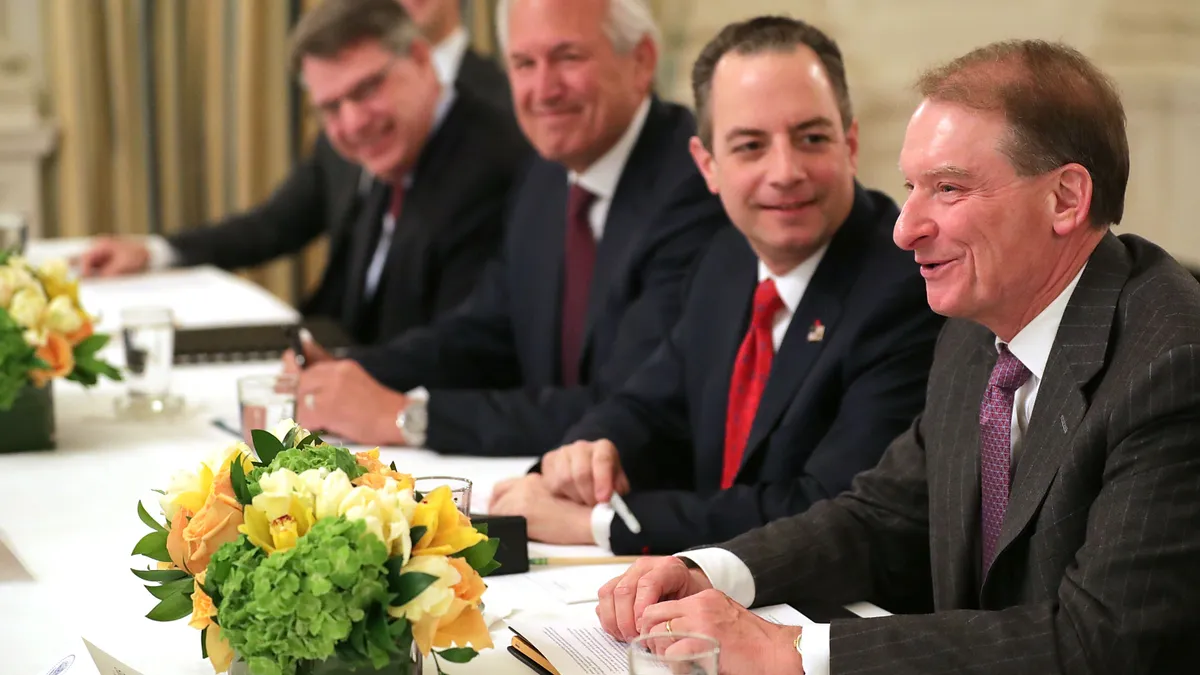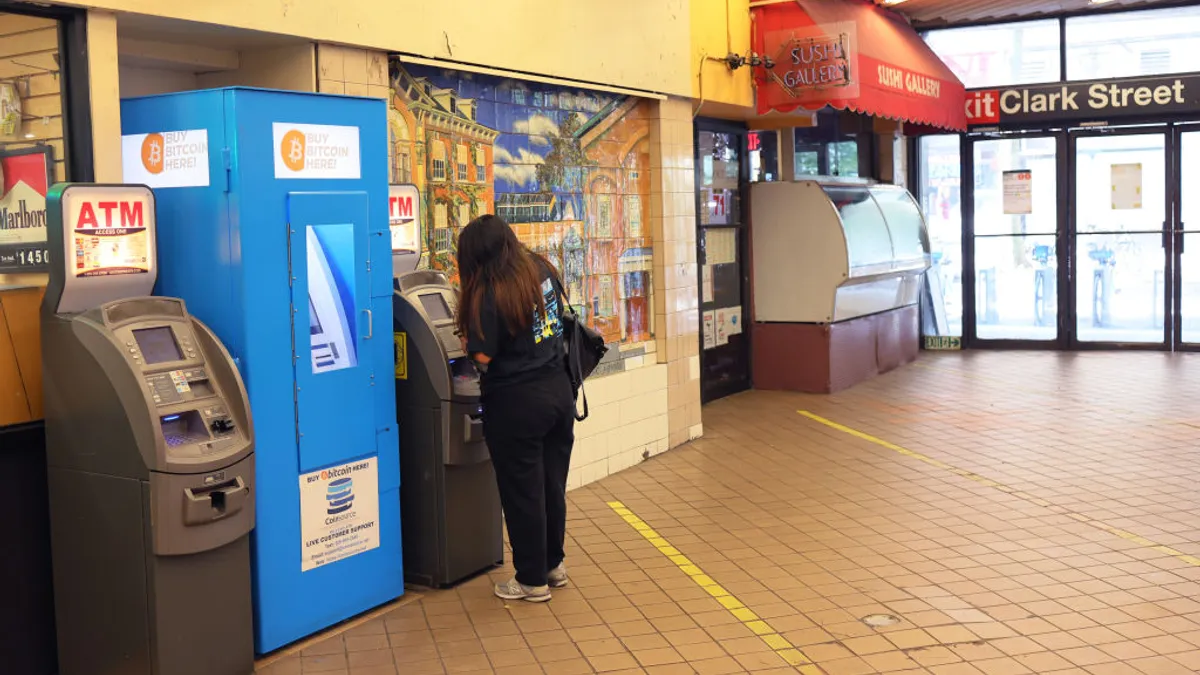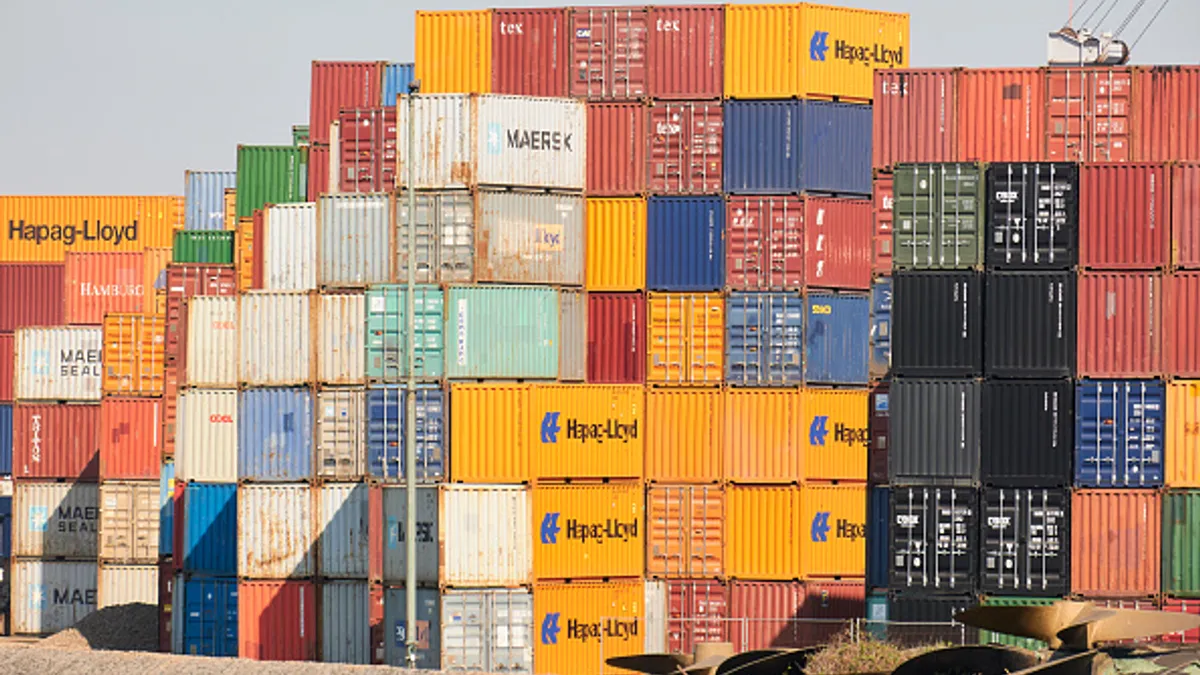Before reigniting any potential plans for a future initial public offering, African payment fintech Flutterwave CFO Mitesh Popat said he is keeping the company’s focus on ensuring “stable revenue” and “sustainable” profitability.
“Once we are satisfied that we have largely achieved that goal, and [are] on that path, we would have multiple exit or liquidity options available to us at that point of time,” Popat told CFO Dive in an interview when asked of future IPO plans. “And that time, we will decide what is the best course of action for the for the company.”
Flutterwave, which has offices both in San Francisco, California and Abuja, Nigeria, offers payment infrastructure and money transfer services to businesses across the African continent and is currently supported in countries including Nigeria, Kenya, Ghana, South Africa and Uganda, according to its website.
Embracing the CFO cliché
While it might be something of a cliché for a finance chief to highlight an emphasis on sustainable profitability and other financial metrics, they represent an important focus for Flutterwave given the macroeconomic volatility in the markets where the company operates, Popat, who joined the company in September 2024 and is based in New York City, said. Over an 18-year career at Citi, Popat held various CFO roles including serving as Citi’s CFO for the Middle East and Africa, as well as CFO, global equities sales and trading, market research, according to his LinkedIn profile.
The fintech needs to be able to “withstand any shocks,” he said.
“That’s really been my focus, now that I have a good foundation of where the company is coming from, to take them to a place where it's much more sustainable and grounded in in a business model that survives and thrives,” Popat said.
Popat’s move to ensure stability comes as Flutterwave looks to regain customer trust after high-profile events — including allegations of money laundering and fraud as well as cybersecurity-related incidents — have somewhat dented the fintech’s reputation over the past two years.
Beginning in 2016, the startup experienced an early surge of interest and investment, reaching a $3 billion valuation in 2022, CNN recently reported. Also in 2022, however, authorities in Kenya accused the company of money laundering and fraud — freezing approximately $52.3 million across 62 accounts linked to the company, according to a report at the time by TechCrunch.
The case was officially dropped in November 2023, with the assets released, TechCrunch reported. However, the company soon received another financial and reputational blow after it experienced a cyber incident which impacted several systems and led to a loss of approximately $27 million, according to reports.
Following both incidents, the fintech has taken several steps to “enhance its credibility,” including hiring Popat last September — the latest in a line of newly hired executives who “come from larger companies or established startups that have deep experiences in emerging markets,” he said. In December 2023, the company hired six new executives, including naming PayPal, Stripe and fellow Citibank alum Amaresh Mohan as its first chief risk officer, according to a press release. Other appointments included tapping Amanda Ortega, previously a regulator with the State of Wyoming’s Division of Banking, as its head of compliance.
“I had done my own due diligence and work and thinking through how I perceived all these challenges Flutterwave has gone through, through my own lens of global standards, but also on-the-ground realities of Africa,” Popat said of how his past experience at Citi helped to inform his decision to take the top finance seat at the company.
Stability is king
The company has moved both to enhance its credibility and to foster ongoing growth since its 2023 and 2024 incidents through various steps. As well as its executive appointments, it inked a partnership with credit card company American Express to bring its services to Nigeria, Industry Dive sister publication Payments Dive previously reported.
An IPO remains a potential course the company might take in the future, CEO Olugbenga “GB” Agboola previously told CNN — but as of now, that goal of stable revenue and improved gross profit margins remains key, Popat said. That is likely to be the company’s strategy continuing into 2026, he said.
Another key area where Popat expects that stability is in Flutterwave’s capital expenditures. While Flutterwave is seeking to remain innovative, which includes investing in emerging technologies, Popat is not expecting a large increase in capex to be needed in order to be able to sustain the company’s profitability, he said.
To meet that goal, the company is focusing on attracting and retaining top talent, including in key areas such as its finance team, the CFO said. Popat is also keeping an eye on key macroeconomic factors, including FX; as currency is “a big piece of what global merchants think of when they enter Africa,” Popat said.




















